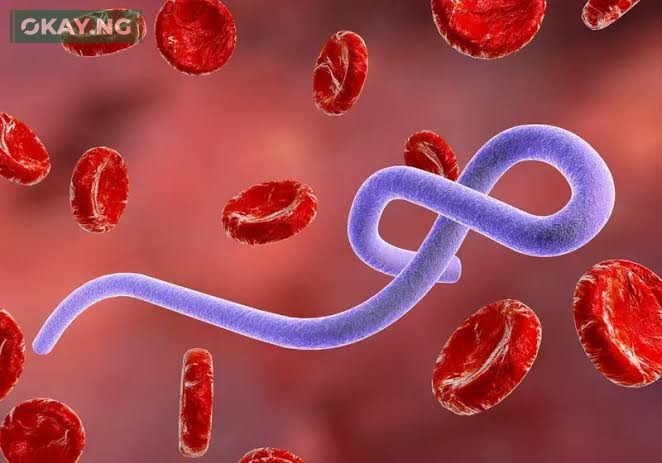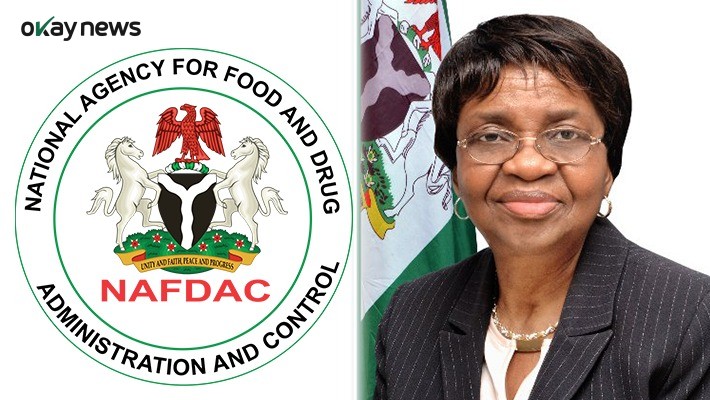Nigeria has stepped up health security measures at its borders following confirmation of a new outbreak of Ebola Virus Disease in the Democratic Republic of Congo (DRC).
The Director of Port Health Services under the Federal Ministry of Health and Social Welfare, Dr. Akpan Nse, disclosed that intensified monitoring and screening are ongoing across airports, land borders, and seaports. He explained that every inbound traveller from Congo is screened, and medical history is collected using compulsory health declaration forms.
“We have intensified surveillance at all points of entry across the country—airports, land borders, and seaports. Every inbound traveller coming from Congo to Nigeria is thoroughly screened, and we collect their medical history through mandatory forms,” Dr. Nse stated.
okay.ng reports that the move comes after health officials in the DRC confirmed an outbreak of Ebola Virus Disease in Kasai Province, where 28 suspected cases and 16 deaths, including four health workers, had been reported as of September 5, 2025. Laboratory tests conducted in Kinshasa identified the Ebola Zaire strain as the cause.
Nigeria’s vigilance is crucial due to its strong international travel ties with the DRC. To bolster efforts, new staff have been deployed with support from the World Health Organization (WHO).
Dr. Nse further explained, “We have also reactivated our portals. Every passenger on every flight coming to Nigeria from Congo is screened upon arrival. This applies to airports, seaports, and land borders. Even if passengers transit through Congo on their way to Nigeria, they must undergo screening. In addition, with support from WHO, we have recruited more staff to enhance surveillance.”
Private partners are also collaborating with government authorities to maintain thermal scanners and health equipment at full functionality.
Meanwhile, the WHO announced that it has released $500,000 from its Contingency Fund for Emergencies to support Congo’s response. The Director-General, Dr. Tedros Adhanom Ghebreyesus, emphasized that rapid response teams are tracing contacts, delivering medical supplies, and rolling out prepositioned Ebola vaccines to safeguard health workers and affected communities.
Nigeria’s medical experts are also urging caution. An Associate Professor of Infectious Diseases at Adeleke University, Osun State, Dr. Oladipo Kolawole, stressed that all points of entry must maintain vigilance. “Everybody coming into the country, especially from DR Congo, must declare where they are coming from at the point of entry, and we must keep our surveillance system well-tightened,” he advised.
Experts such as Dr. Moses Adewumi, a virologist at the University College Hospital, Ibadan, and Dr. Iorhen Akase of the Lagos University Teaching Hospital, also called for enhanced laboratory preparedness, strict travel protocols, and community awareness. They reiterated that Ebola is only transmissible when patients are symptomatic, making early detection and quick referral critical.
With previous experience handling Ebola in 2014, Nigerian institutions including the Nigeria Centre for Disease Control and Prevention (NCDC) and the Nigeria Institute for Medical Research (NIMR) are seen as well-positioned to contain risks should any suspected case arise.







